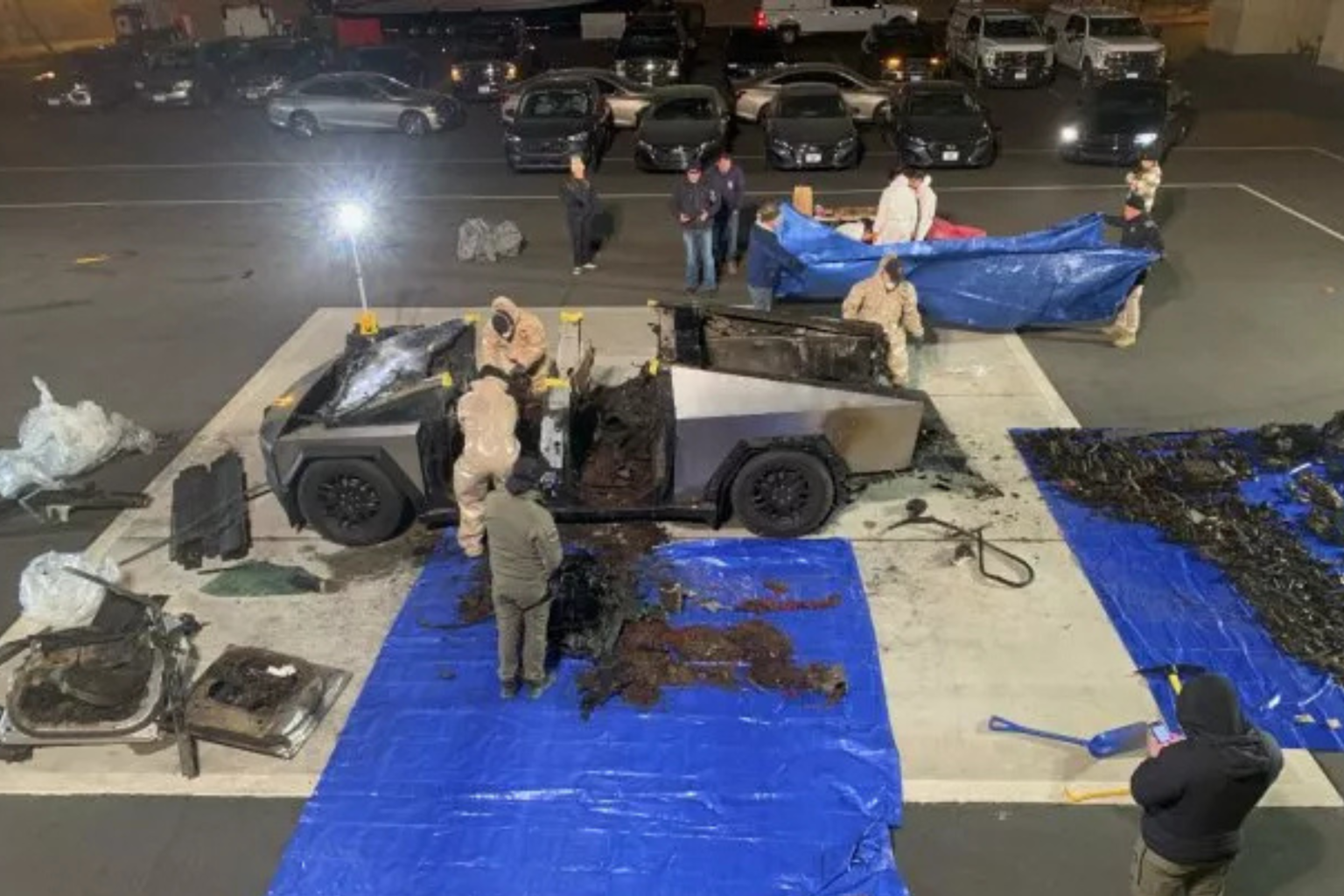The FBI’s recent revelation that Las Vegas Cybertruck bomber Matthew Livelsberger was suffering from post-traumatic stress disorder (PTSD) has brought attention to the condition and its impact on the veteran community. Livelsberger, a 37-year-old special forces soldier, drove a Tesla Cybertruck to the Trump International Hotel in Las Vegas on New Year’s Day, where it exploded and caused minor injuries to seven people. Before the explosions, Livelsberger died from a self-inflicted gunshot wound. The FBI reported that Livelsberger had been struggling with PTSD and other issues prior to the attack.
PTSD is a mental health condition that develops after experiencing or witnessing a traumatic event, such as combat, natural disasters, accidents, or assault. Symptoms include intrusive thoughts, nightmares, emotional distress, and avoidance behaviors related to the trauma. The Department of Veterans Affairs estimates that around seven percent of military personnel develop PTSD, with the figure increasing threefold among those who have been on active deployment. Veterans are at a higher risk of developing PTSD compared to civilians, and those who use VA for health care are more likely to be diagnosed with the condition.
Livelsberger served in the military for 19 years, with multiple tours in Afghanistan and service in Tajikistan. He was awarded the Department of State Meritorious Honor Award for his service. In August 2024, the Food and Drug Administration declined to approve midomafetamine-assisted therapy (MDMA-AT) for treating PTSD, a decision criticized by non-profit groups advocating for PTSD treatment. CBS News journalist Chip Reid emphasized the importance of providing mental health services to returning troops, acknowledging the historical failure to adequately address the mental health crisis in the military.
The American Psychiatric Association suggests being present and supportive for trauma survivors, showing acceptance and concern, and listening without judgment or advice. Investigation into the Las Vegas Cybertruck explosion continues, as well as a separate incident in New Orleans where 15 people were killed in a ramming attack by army veteran Shamsud-Din Jabbar, who had expressed support for the Islamic State group. The FBI stated that there is no definitive link between the two incidents, highlighting the ongoing work to uncover motives and connections in these tragedies.
The prevalence of PTSD among veterans underscores the need for effective treatment options and support for those struggling with the condition. With suicide being a significant cause of death for active duty Army soldiers, addressing mental health issues in the military community is crucial. The challenges faced by individuals like Livelsberger highlight the complexities of PTSD and the importance of increased awareness, research, and resources for veterans and service members dealing with the condition.


